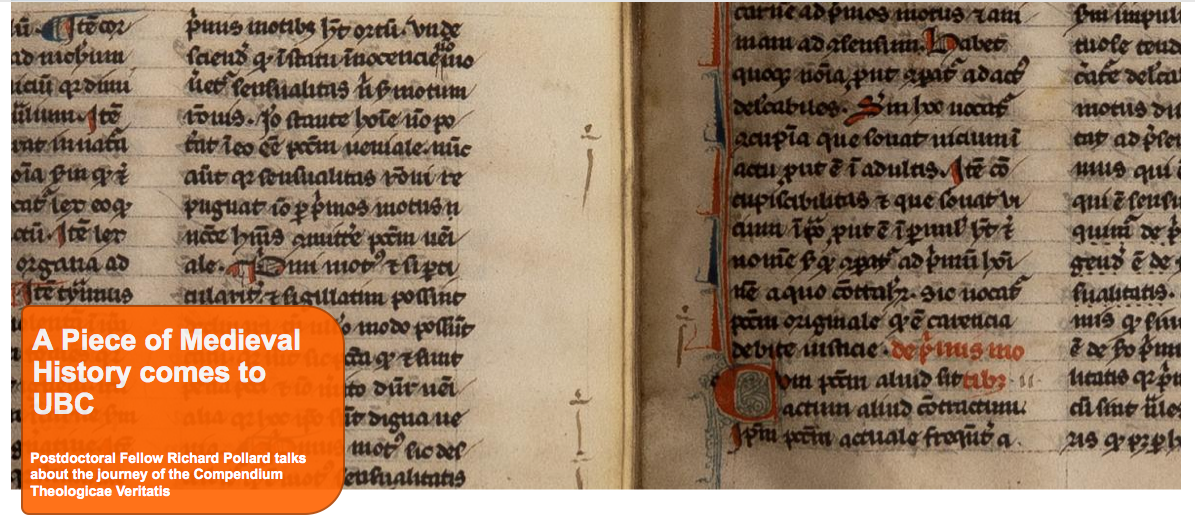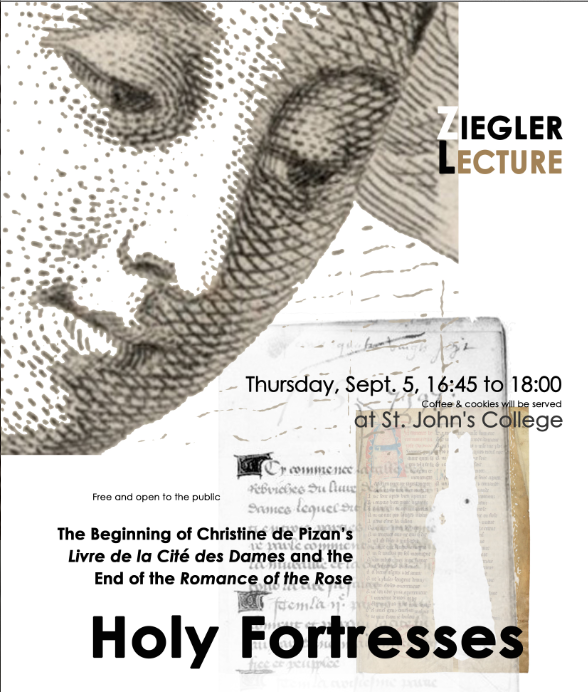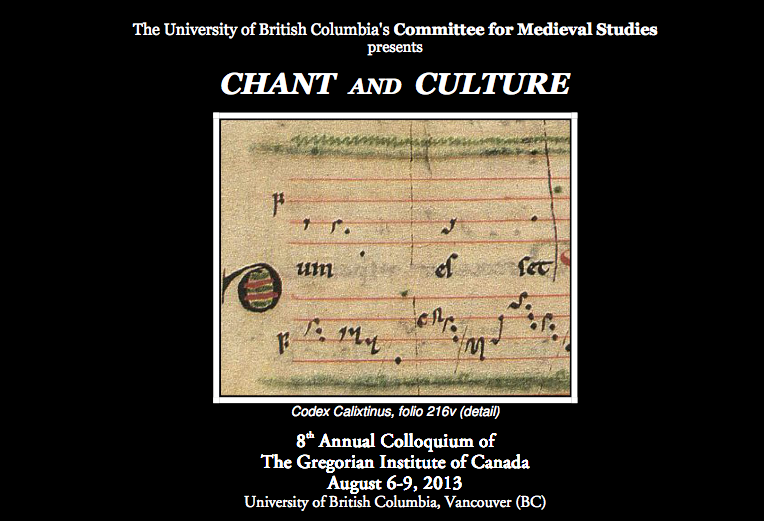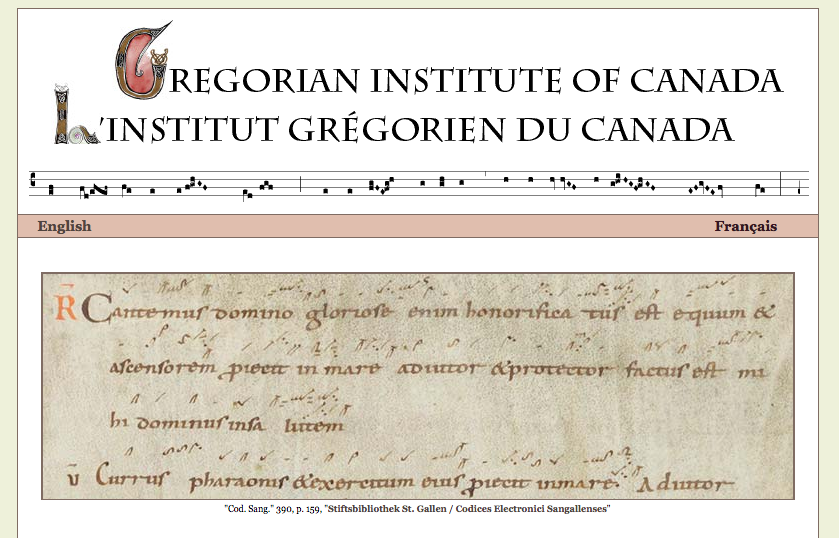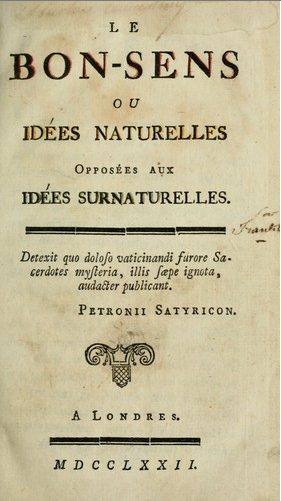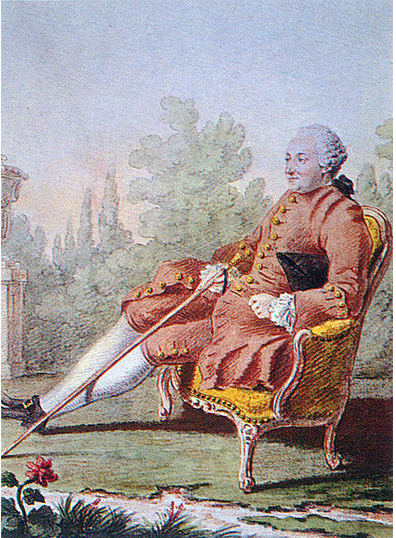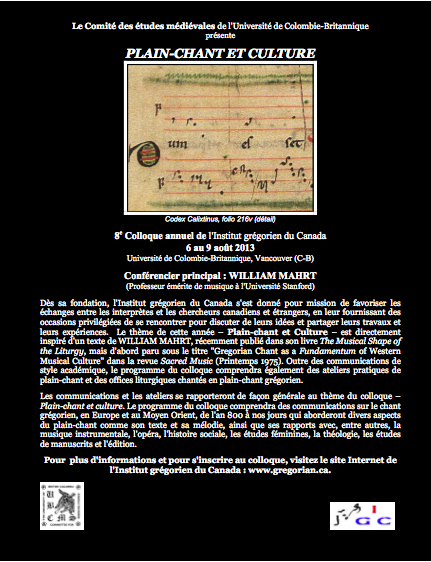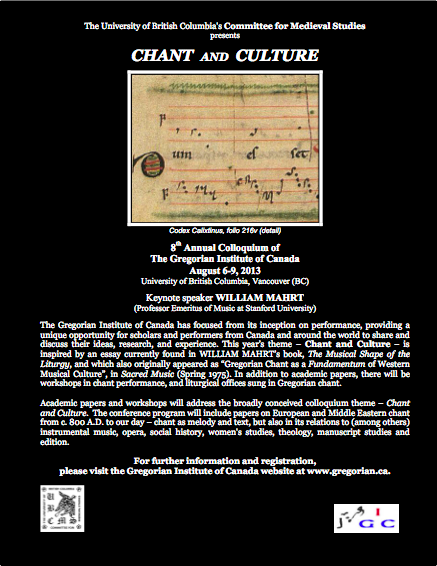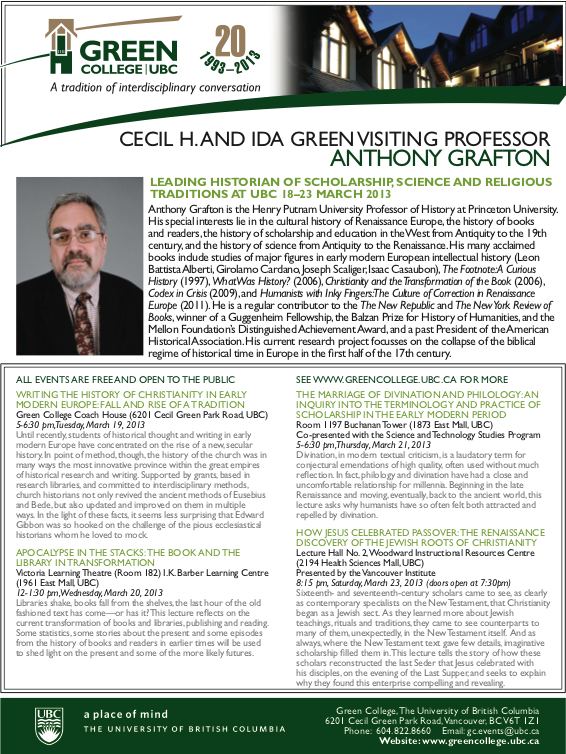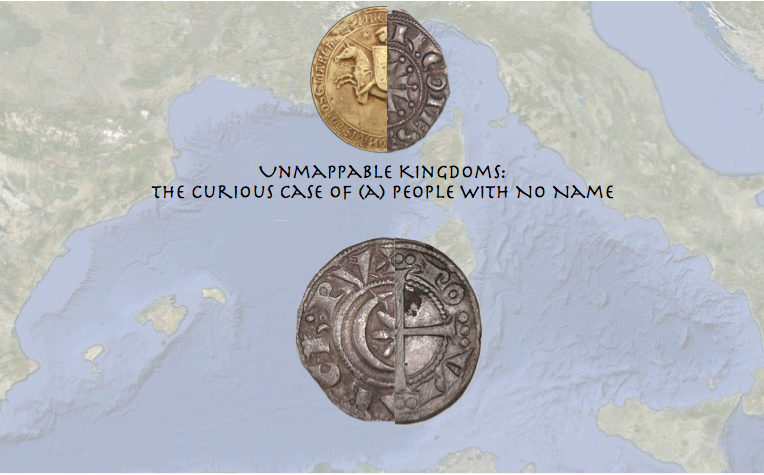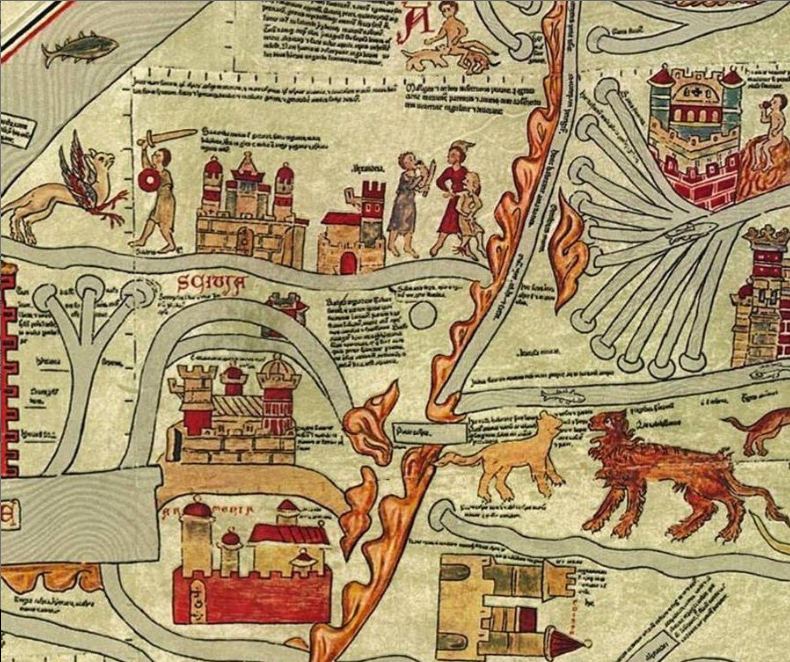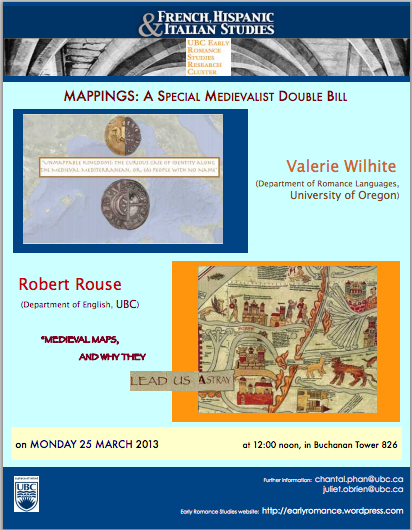41st Medieval Workshop – Programme
“Interpretive Conflations: Exegesis and the Arts in the Middle Ages”
(Unless otherwise noted, all other sessions will be held in the Coach House, Green College)
From the original Call for Papers:
Biblical exegesis, though at the centre of the intellectual enterprise in the Middle Ages, is often neglected by modern scholars since it is primarily seen as a vehicle of theological thought. We contend, however, that biblical exegesis had a much more profound effect: it created the hermeneutic system for the Middle Ages and its influence was pervasive. Medieval scholars or artists trained on biblical exegesis would not abandon these thought-patterns when they composed or read other texts such as epics, hagiography, or historiography, regardless of whether these texts were written in Latin or the vernacular; nor did medieval artists neglect the hermeneutical patterns of exegesis when they turned to other endeavours such as painting, sculpture, or even music. Conversely, biblical exegesis was not exclusionary, but admitted secular, even pagan, literature as supporting material for its interpretation of the Bible, or made reference to historiography and even grammars.
The workshop will explore this interrelationship between biblical exegesis on the one hand and other medieval artistic products on the other. We invite papers that deal with the influence of biblical exegesis on other forms of medieval art, and with the influence of these other forms of art on exegesis. Papers that examine the interrelationship between Jewish, Muslim, or Buddhist exegetical works and other artistic endeavours will also be welcome. All papers should remain within the time frame of the Middle Ages, i.e. approximately from 400 to 1500.
- For further information about this year’s Workshop, please contact Professor Gernot Wieland: gernot(dot)wieland(at)ubc(dot)ca
- For further information about the UBC Medieval Workshops, see this description here.
- UPDATE (2013-11-01): Registration: please register by 3 November if possible. The registration form (.doc) is here.
- The programme that follows here below is also available in PDF.
Thursday, 7 November 2013
6 pm Plenary Lecture 1 (Harbour Centre)
Rita Copeland, “Classical Rhetoric and Medieval Scriptural Interpretation”
7 pm: Reception (Harbour Centre)
Friday, 8 November 2013
9:00 – 9:45 Richard Pollard presents a fourteenth-century manuscript containing Hugh Ripelin’s Compendium Theologicae Veritatis, which has recently been acquired by the University of British Columbia Library (Ike Barber Library, Seminar Room)
(Unless otherwise noted, all other sessions will be held in the Coach House, Green College)
10:00 – 11:30 am Session 1
Henry Ansgar Kelly, “Exegesis and the Arts and Sciences at Oxford and Beyond”
Frans van Liere, “ ’Omnia disce’: History, the Arts, and Victorine Exegesis”
12:00 – 1:00 Plenary Lecture 2 (Location tba)
Michael Herren, “The Interface between Secular and Biblical Exegesis in the Middle Ages”
1 – 2:00 lunch
2:00 – 3:00 Session 2
Joseph Grossi, “Barrow Exegesis: Quotation, Chorography, and Felix’s Life of St. Guthlac”
Tristan Major, “Alcuin’s Numerical Exegesis in his Letters and Poetry: The Number Seventy-Two”
3:00 – 3:30 coffee break
3:30 – 5:00 Session 3
Courtney M. Booker, “Hypocrisy, Scripture, and the Carolingian Pursuit of Truth”
David Ganz, “An Exegete as Artist: the De Laudibus Sancte Crucis”
Richard Pollard, “Josephus as Exegesis in Carolingian northern Italy”
5:00 Reception
7:00 Dinner
Saturday, 9 November 2013
9 – 10:00 Session 4
Katherine Smith, “Biblical Exegesis and the Art of History in the Twelfth Century: The Example of the Latin Chronicles of the First Crusade”
Niall Christie, “History Repeats Itself? The Biography of the Prophet and the Kitab al-Jihad of ‘Ali ibn Tahir al-Sulami (d. 1106)”
10 – 10:30 coffee break
10:30 – 12:00 Session 5
William Green, “ ‘Pro utilitate legentium’: Exegetical practice and temporal hermeneutics in the Gesta Regum Anglorum”
Barbara Crostini and Glenn Peers, “Illuminated Catenae and Psalms Engaged in Schism: MS Vat. gr. 752 in its Political Context”
Richard A. Nicholas, “Gothic Architecture’s Artistic Expression of Medieval Biblical Exegesis”
12:00 – 2:00 lunch
2:00 – 3:00 Session 6
Greti Dinkova-Bruun, “Poetry and Exegesis: A Hymn to Mary in the Margins of Peter Riga’s Aurora”
David Coley, “Exegesis without an Exegete: A Pearl without an Oyster”
3:00 – 3:30 coffee break
3:30 – 4:30 Session 7
David Rollo, “Christian Exegesis, Demonic Interpretation and Early Romance”
Patricia Badir, “Drama and Exegesis: St. Thomas in the York Cycle”

